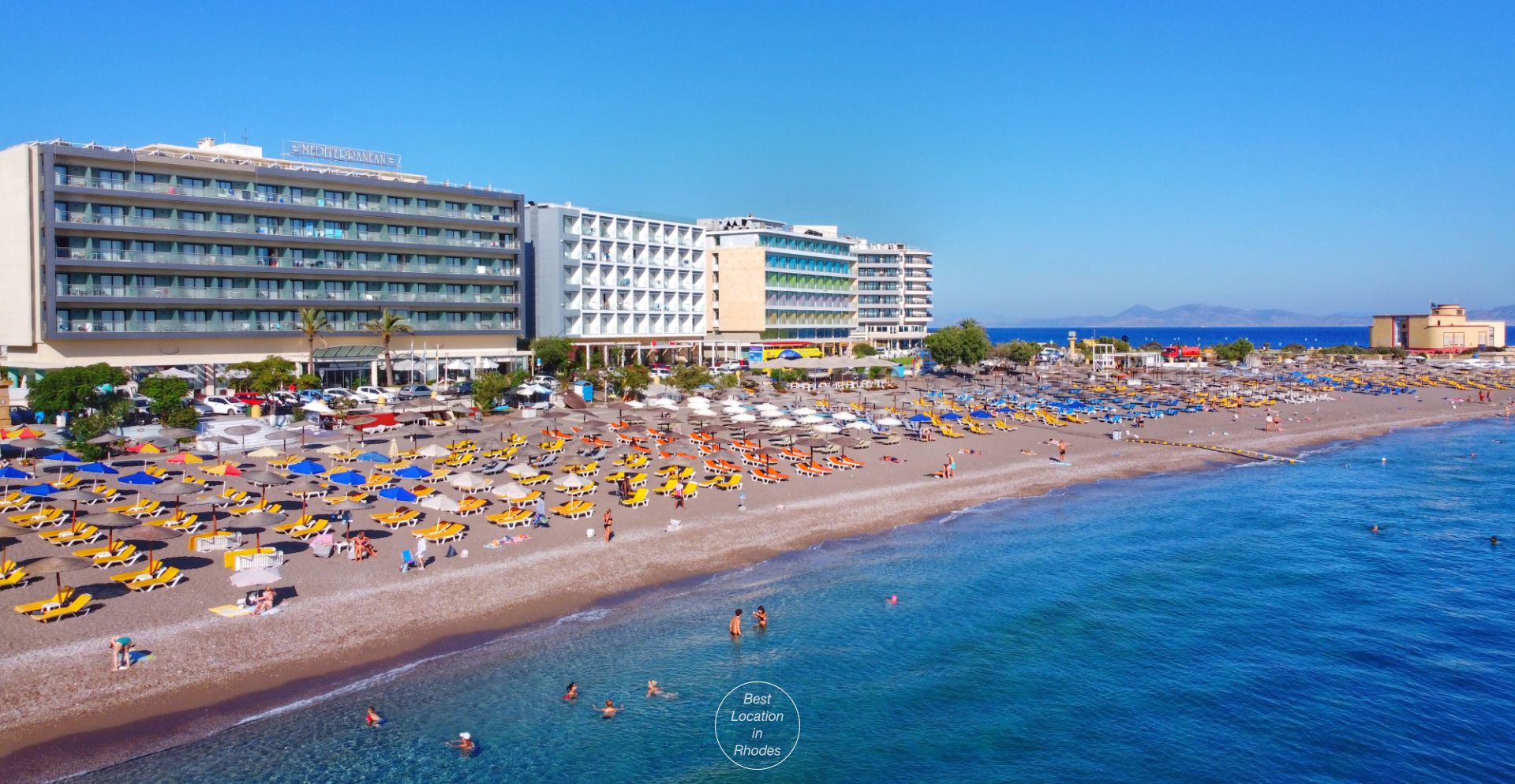Mabrian data indicates that France, United Kingdom and United States are the most sensitive key outbound markets for this region to climate perception, showing the importance unveiling insights based on data to align travellers’ expectations with their actual experience and future demand.
Readiness and data insights to deal with climate change effects and its impact in destinations’ perception can make a difference when designing and executing promotional strategies, to ensure travellers’ expectation do not fall far from the actual experience. This is one of the main arguments Mabrian, the global travel intelligence company, brought to the Resilience Council panel, held during the latest edition of Arabian Travel Market.
To address how resilience and visitors’ perception is key to build, protect, and project any destination reputation and brand image around
the world, Mabrian used as an example the influence of climate change, in particular global warming, in the travellers’ perception of five
competing Mediterranean countries (Spain, Italy, Greece, Turkey, and Portugal), during summer 2023.
Mabrian featured data on Climate Perception Index (PCI by its acronym) for these Mediterranean destinations’ key source markets (United
Kingdom, France, Italy, Germany, United States, The Netherlands, Sweden, and Denmark). The higher the index is, the more satisfied travellers are with the weather in the destination, as their expectations are being met. The aim was to provide context on the impact on the record high temperatures reached last summer, on a year that, according to European Union’s Copernicus Climate Change Service, was the hottest ever, as warming is two times faster in Europe than the global average.
Turkey: how to use climate perception as an advantage
When analysing 2023 summer season, Portugal’s and Greece’s Climate Perception Index show the most consistent performance, thus a better perception in this regard among all source markets analysed. Portugal is the destination that has a better overall Climate Index Perception (90,8 points on average, of 100 possible), even though the summer heat has a clear effect, pushing the index down in July and August. Greece (88,8 points on average) is the only destination analysed with a more stable climate perception throughout the months studied.
Interestingly, not all destinations follow a uniform pattern: Turkey is a good example of showing a poorer performance during the shoulder
season prior to summer, but bouncing back strongly, with a 14 points progressive increase during the peak months, becoming the Mediterranean destination that improved is Climate Perception Index the most, climbing to Portugal and Greece levels (86,6 points).
Whereas, Italy (90.5 to 87.4 out of 100 points possible), and in particular Spain (from 90.8 to 83.4 points), had a less stable Climate
Perception Index, observing severe drops during the peak of the season, in July and August. Spain is, in fact, the destination that suffers the
most from the impact of the climate perception decrease: the index is very variable, showing sharp contrasts throughout the studied period;
and some of its main source markets (France, United Kingdom and United States) were especially sensitive to the extreme weather conditions.
France, the most sensitive market to climate change effects
The analysis developed by Mabrian also focused on the sensitiveness to climate-change effects on key source markets for these Mediterranean destinations.
The most sensitive source markets to climate perception are France, United Kingdom and United States, as well as Spain and Germany; whereas the Nordic countries (Denmark and Sweden) and Italy are the least ones.
One relevant trend observed is that the three most climate-sensitive markets (France, United Kingdom and United States) tend to be less
satisfied with the tourist products and services in the countries with lower climate perception indexes, namely Spain and Italy. This
demonstrates how important is to monitor this issue, as it directly influences the global travellers’ experience, and could potentially
affect demand, and to carry out promotional campaigns capable of managing climate expectations in these key inbound markets for the
Mediterranean destinations, to not to penalize the rest of the experience.
As explained by Carlos Cendra Cruz, Director of Marketing and Communication at Mabrian:”Being agile in adapting to climate change
effects, a contextual, structural and unavoidable change as it is, implies to understand the threats and opportunities from a destinations’
management perspective, using data intelligence to not being on the blind when making decisions on strategy, tourism product adaptation and development, infrastructures, communications and destination promotion. Climate change concern is an increasingly relevant social and travel trend, and is strategic to understand, based on data intelligence, how is influencing travellers’ decisions, booking and, above all, recommendation habits”.




